Sound Promotion for Musicians

In today’s music industry it’s harder than ever to stand out. Sound promotion is key for musicians who want to get more visible, attract new listeners and build a long term career.
Quick Summary
In today’s music industry, effective sound promotion is essential for musicians seeking visibility and audience growth. Key strategies include identifying your target audience through data analysis, establishing a unique sound identity, and leveraging social media for engagement. Collaborating with other artists and influencers can expand reach, while live performances foster personal connections with fans. Utilizing email marketing and traditional media enhances visibility. A balanced approach
This post provides practical tips for mastering the promotion of your music to reach the right audience and resonate.
Your Audience
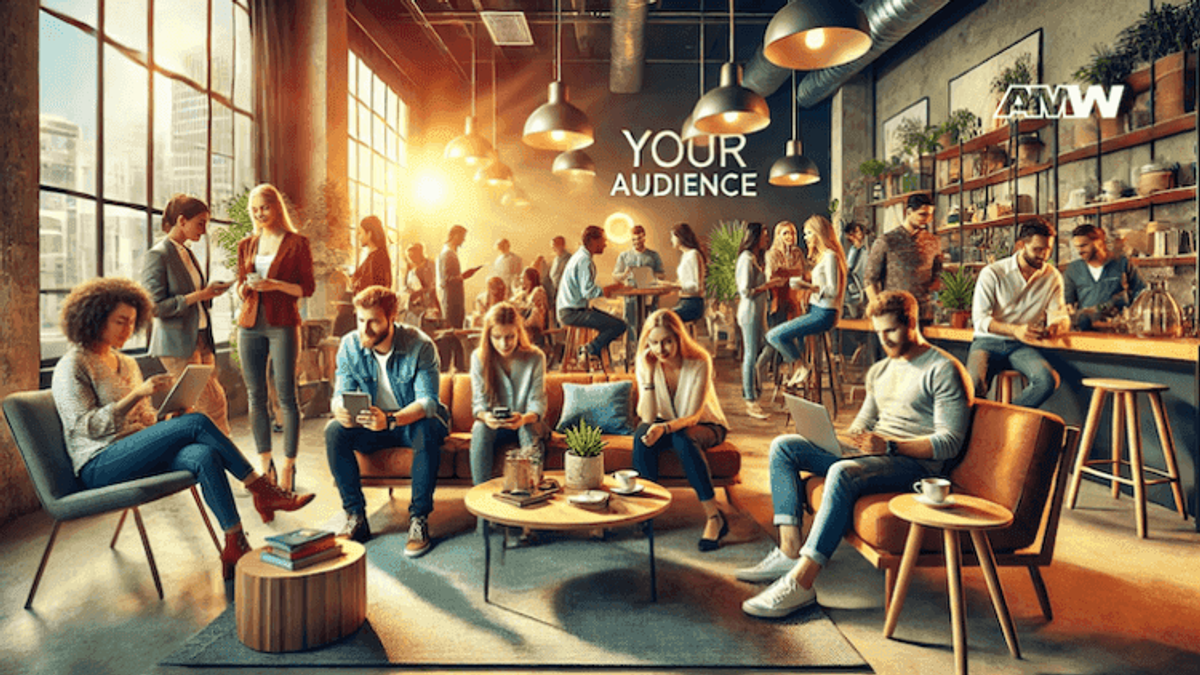
One of the most important part of sound promotion is knowing who your audience is. Identifying your target demographics means knowing the age, gender, location and preferences of your potential listeners.
Research through surveys, social media analytics and music streaming data can give you valuable insights into who’s listening to your music and how they engage with it.
Creating listener personas—detailed profiles of your audience—can help you target your promotion better. It allows you to adjust your tone and message to fit their needs, increasing your chances of success.
These personas should include information on their musical tastes, listening habits, and where they spend their time online.
Your Sound Identity
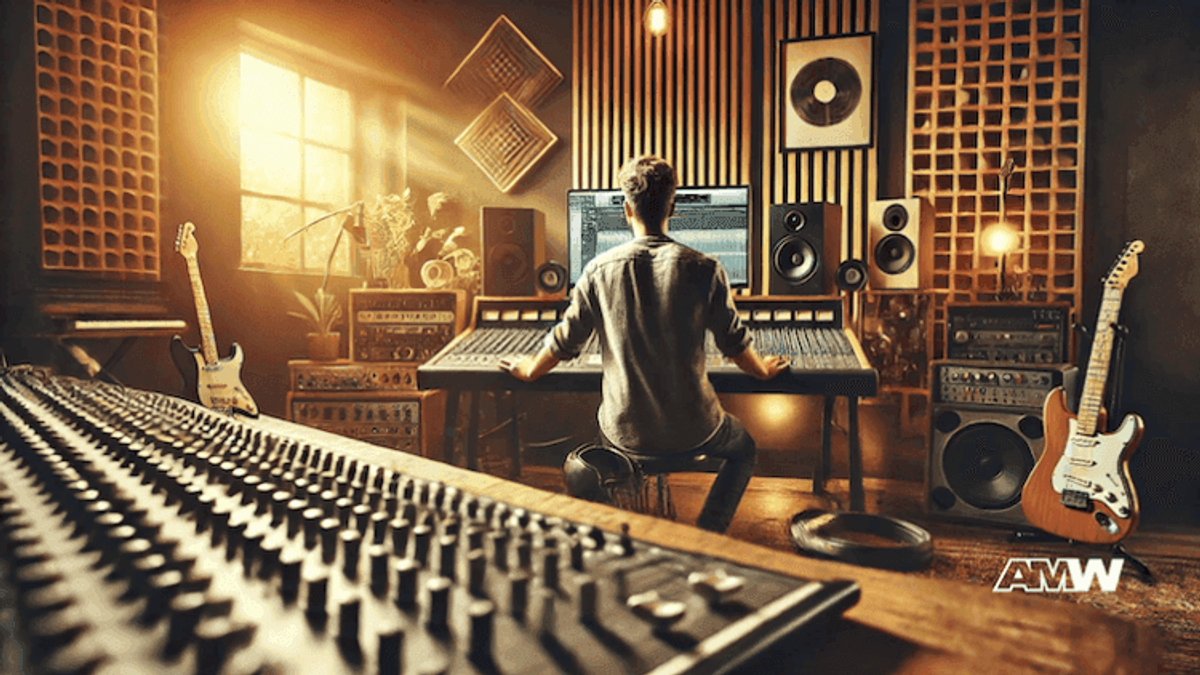
Your sound identity is what sets you apart from other artists. You need to define your musical style and have a consistent brand voice that reflects your artistic vision.
Your sound should be recognizable and consistent across all your promotional materials, from your music and album art to your social media posts and merchandise.
You need to stand out from other artists. Highlight what makes your music unique, whether it’s a genre blend, lyrical content, or production style, and you’ll attract a loyal fanbase.
Use your identity to create a strong and memorable presence that will draw listeners and keep them coming back.
Social Media Platforms and Sound Promotion

Social media platforms are powerful promotion tools. Choose the right one for your audience. Instagram, X, and TikTok are popular among musicians because of their visual and interactive nature. Each platform has its own features to engage with your audience.
Posting engaging and regular content is key to a strong social media presence. Share behind the scenes of your music making process, live performance clips and personal stories that connect with your fans. Use hashtags and participate in trends to get more visibility and attract new followers.
Interacting with your fans is just as important. Respond to comments, messages, and mentions to build a community around your music. Engaging with your audience will make them loyal, and they will promote your music on their own networks.
Music Streaming Services

Music streaming services are important platforms for getting your music out to a wide audience. Upload and optimize your tracks on these platforms, and your music will be available to a global audience. Pay attention to metadata and track titles, descriptions, and tags to increase discoverability.
Creating and sharing playlists is an effective way to promote your music. Curate playlists with your tracks alongside tracks from other artists in your genre. Share these playlists on social media and with your mailing list to introduce your music to new listeners.
Engage with your followers on streaming platforms. Respond to comments and messages and use data analytics to understand listener preferences and behavior. This will help you refine your strategy and create content that resonates with your audience.
Working with Other Artists and Influencers
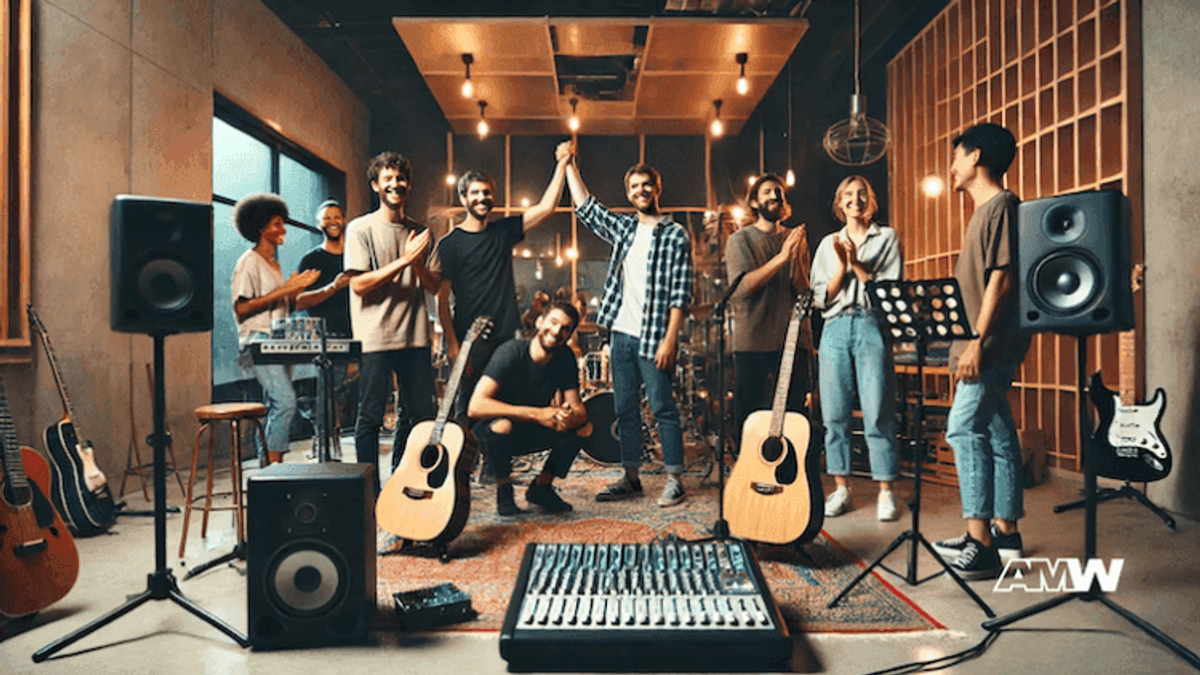
Collaboration is a great way to expand your reach and attract new listeners. Networking in the music industry allows you to connect with other artists who share your artistic vision. Partner with other artists on joint projects like tracks or live performances and introduce your music to their fanbase.
Influencers can also be beneficial to collaborate with. Influencers have a following that trusts their recommendations. Work with influencers who resonate with your brand to expand your reach and establish credibility.
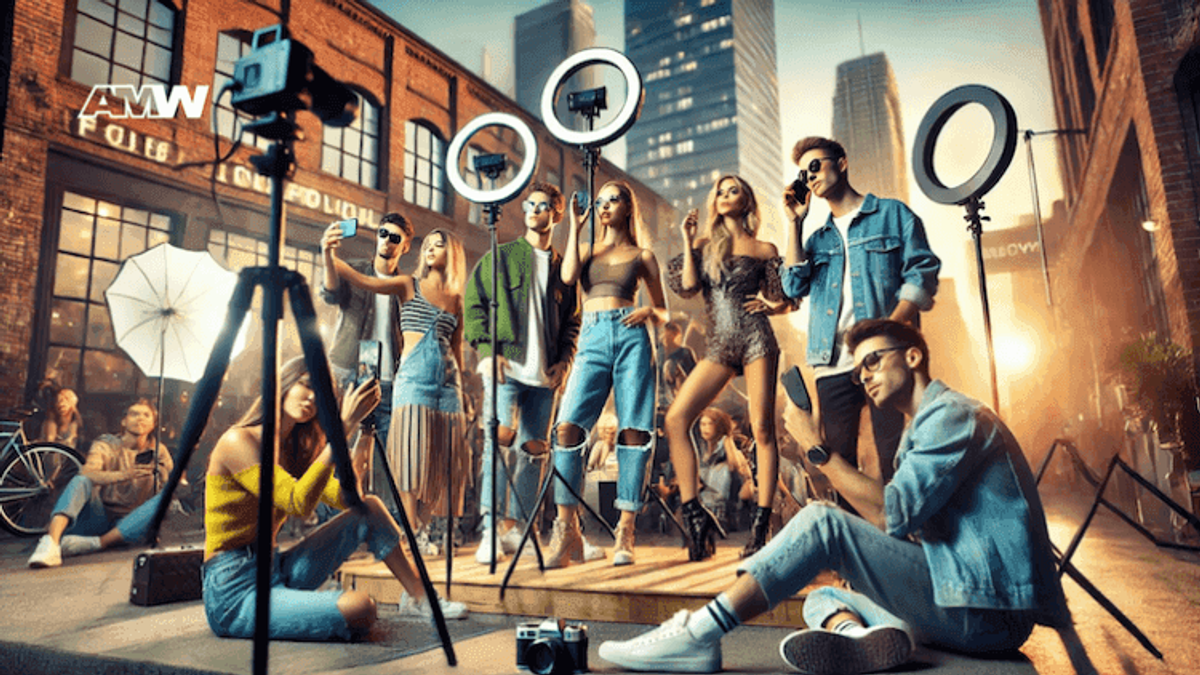
Cross promotion and co-branding with other artists and influencers will amplify your promotion and create new opportunities for exposure.
Live Performances
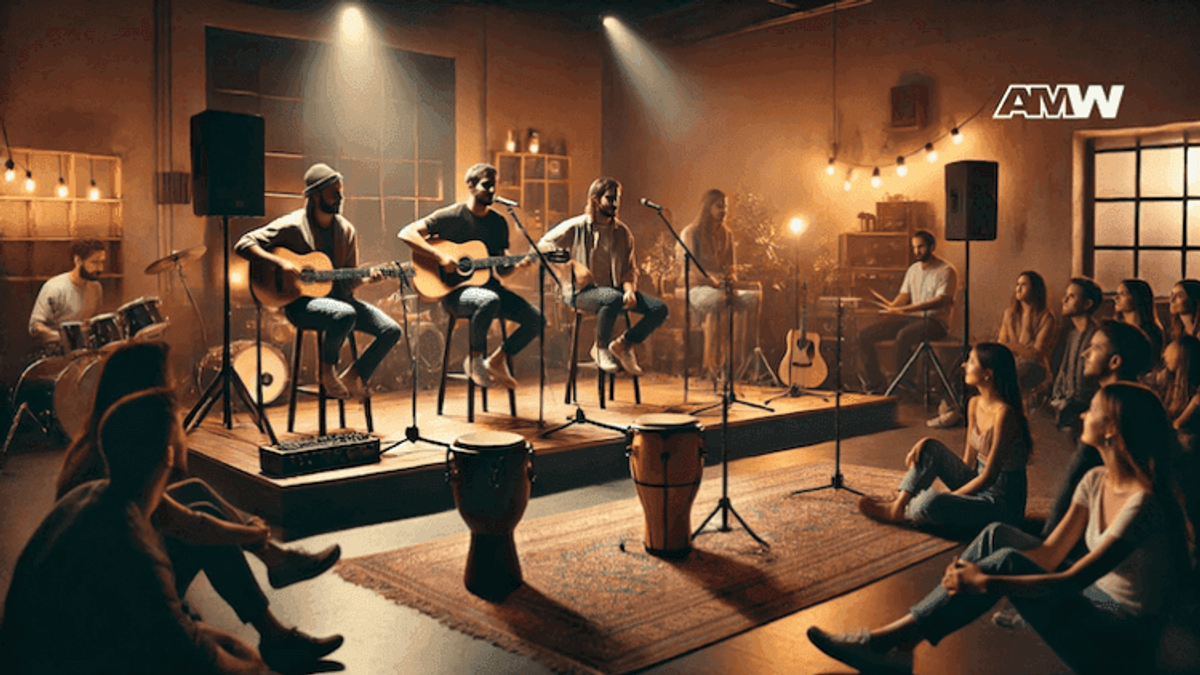
Live performances are the foundation of sound promotion, musicians have a direct way to connect with their audience. Organise live shows, in-person or virtual and you’ll have the opportunity to showcase your music and engage with your fans on a personal level.
Promote these events through and collaborate with local venues or online platforms to attract attendees.
During the performances, make sure to create an engaging and memorable experience. Interact with your audience, share stories behind your songs and make them feel part of the event.
Record and share live performances on YouTube and social media to extend the reach of your shows and attract new listeners who couldn’t attend in person.
Live performances also offer industry networking opportunities. Connect with other musicians, event organisers and fans and you’ll find future collaborations and promotional opportunities. Leverage the power of live performances and you’ll increase your visibility and fan engagement.
Email Marketing
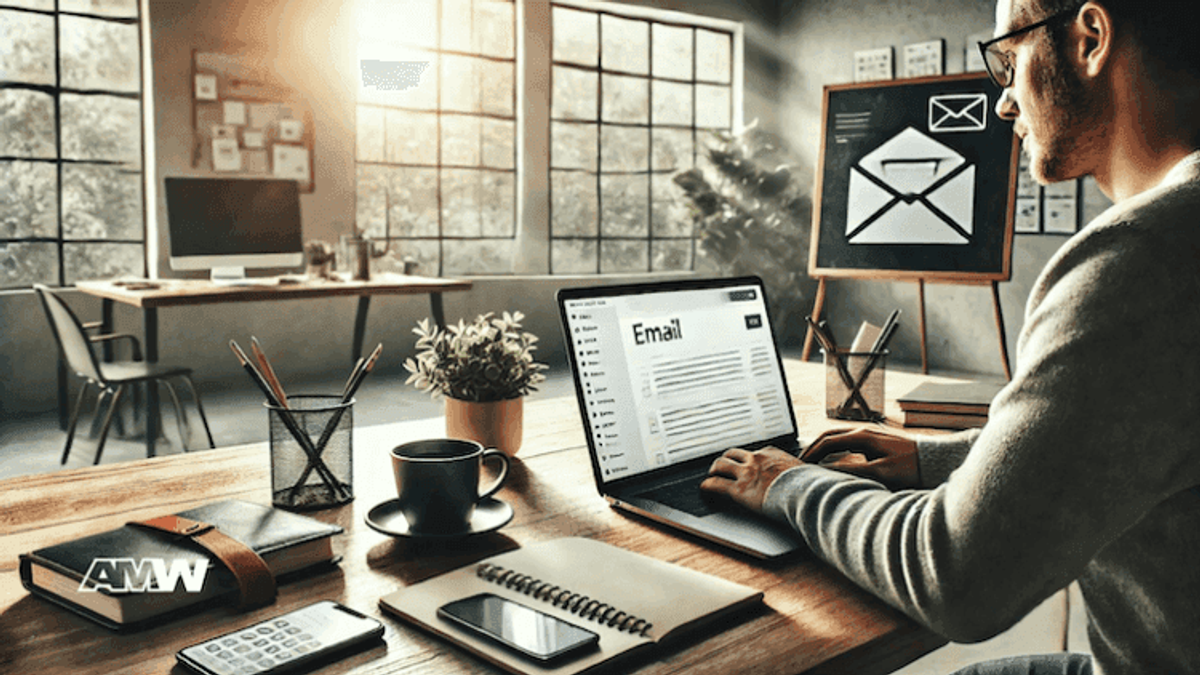
Email marketing is still a great tool for sound promotion. Build a mailing list of dedicated fans and you can communicate directly with your audience, share updates, new releases and exclusive content.
To encourage sign ups offer free downloads, early access to new music or exclusive behind the scenes content.
Writing a good email newsletter means creating content that resonates with your subscribers. Share stories about your music making process, upcoming shows and personal insights. Include links to new tracks, videos and social media profiles to drive traffic and engagement.
Measuring your email campaigns is key. Use analytics to track open rates, click-through rates, and subscriber growth.
This will help you refine your email strategy so your messages are effective and well-received by your audience.
Traditional Media

While digital is the dominant force in music today, traditional media still has a place in sound promotion. Reaching out to music blogs, magazines and radio stations can get you exposure and credibility.
Write well crafted press releases that tell your unique story and musical achievements and you’ll grab the attention of journalists and bloggers.
Pitching to media outlets requires a strategy. Research publications and radio stations that fit your genre and target audience. Personalize your pitches, and explain why your music would be a good fit for their platform.
Build and maintain relationships with journalists and bloggers, and you’ll get ongoing coverage, interviews, and feature opportunities.
Media coverage will increase your visibility and credibility. Good reviews, features, and radio play will attract new listeners and reinforce your brand. Working with traditional media should be part of your sound promotion strategy.
Paid Promotion
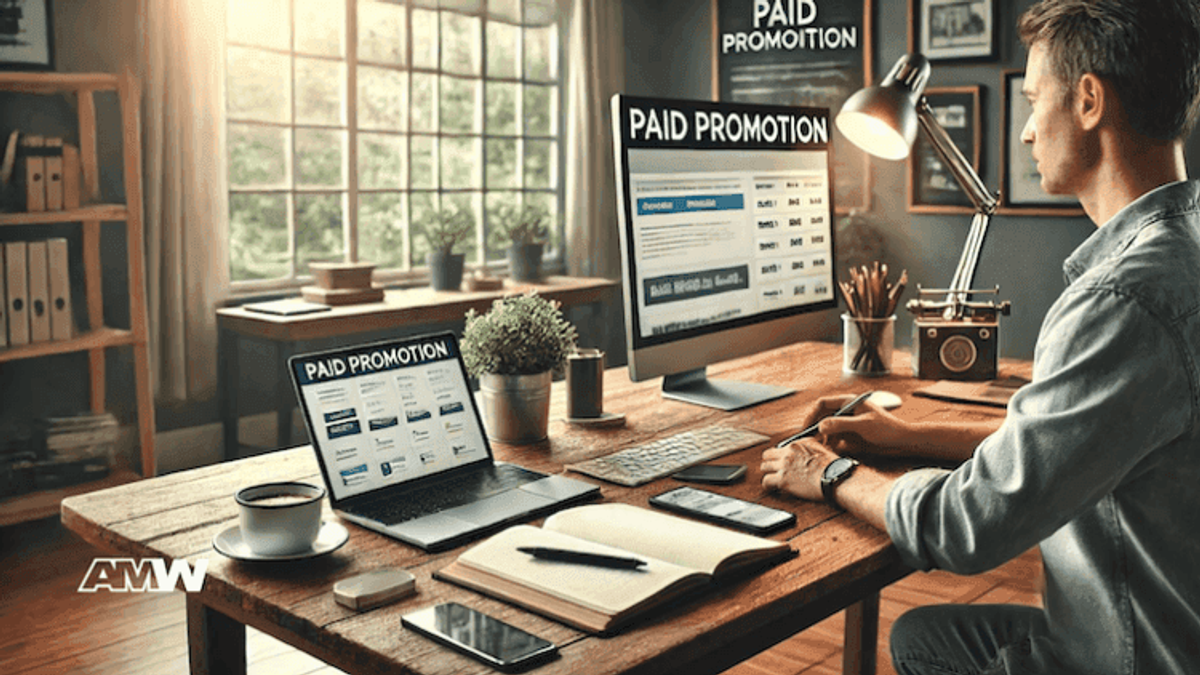
Paid promotion will amplify your sound promotion and reach a wider and more targeted audience. Knowing the different types of paid promotion, social media ads, Google Ads, and sponsored content will allow you to choose the best channels for your campaign.
Setting a budget and targeting the correct audience is key to getting the most out of your paid promotion. Use behavioral and demographic data to create targeted ad campaigns that reach fans most likely to engage with your music.
Monitor your ad performance and track ROI so you can adjust your strategy and make sure your investment is working.
Balancing organic and paid promotion is important. Paid promotion will give you a quick visibility boost, organic promotion through social media, email marketing and live performances builds long term relationships with your audience.
Combining both will give you a complete and effective sound promotion strategy.
Monitor and Analyse
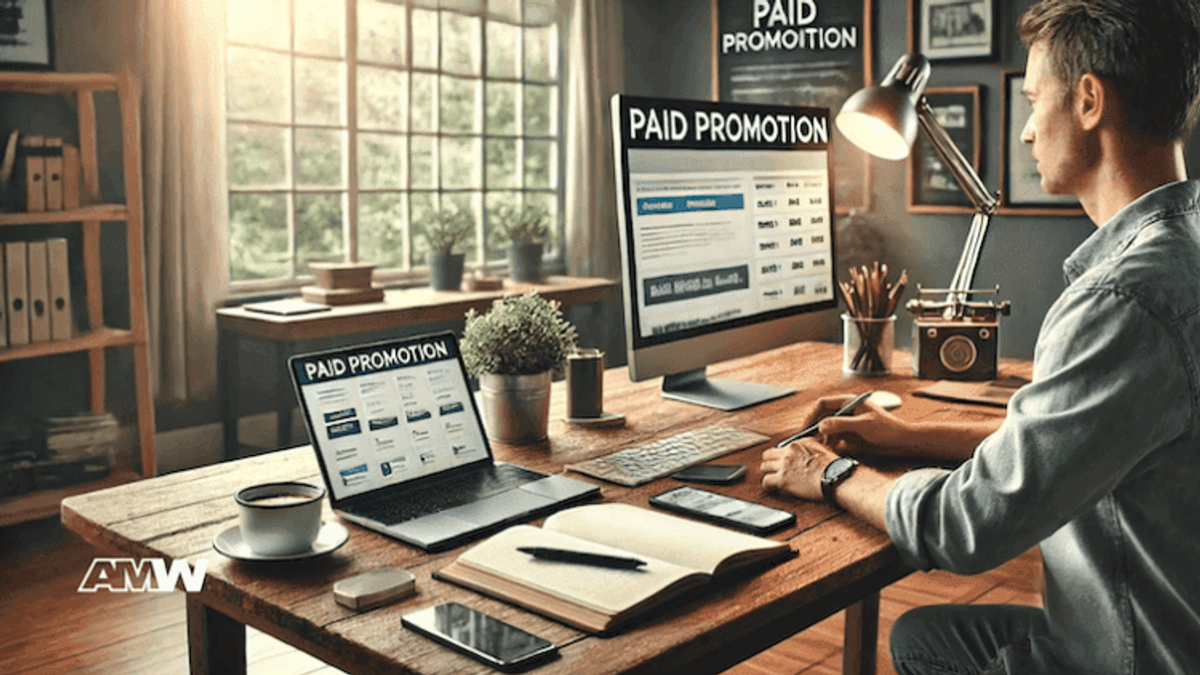
Continual monitoring and analysis of your promotion is key to long-term success. Set measurable goals and KPIs so you can track your sound promotion strategy. Use analytics to gather data on traffic, social media engagement, streaming numbers, and email campaign performance.
Analyze this data, and you’ll get insights into what’s working and what needs adjusting. For example, if a particular social media platform is getting the most engagement, consider increasing your activity on that platform.
If email open rates are low, try different subject lines or content types to see what resonates with your audience.
Review and adjust your promotional tactics regularly based on data insights, and you’ll stay effective and on track. Continual improvement is key to staying competitive in the music industry.
Conclusion
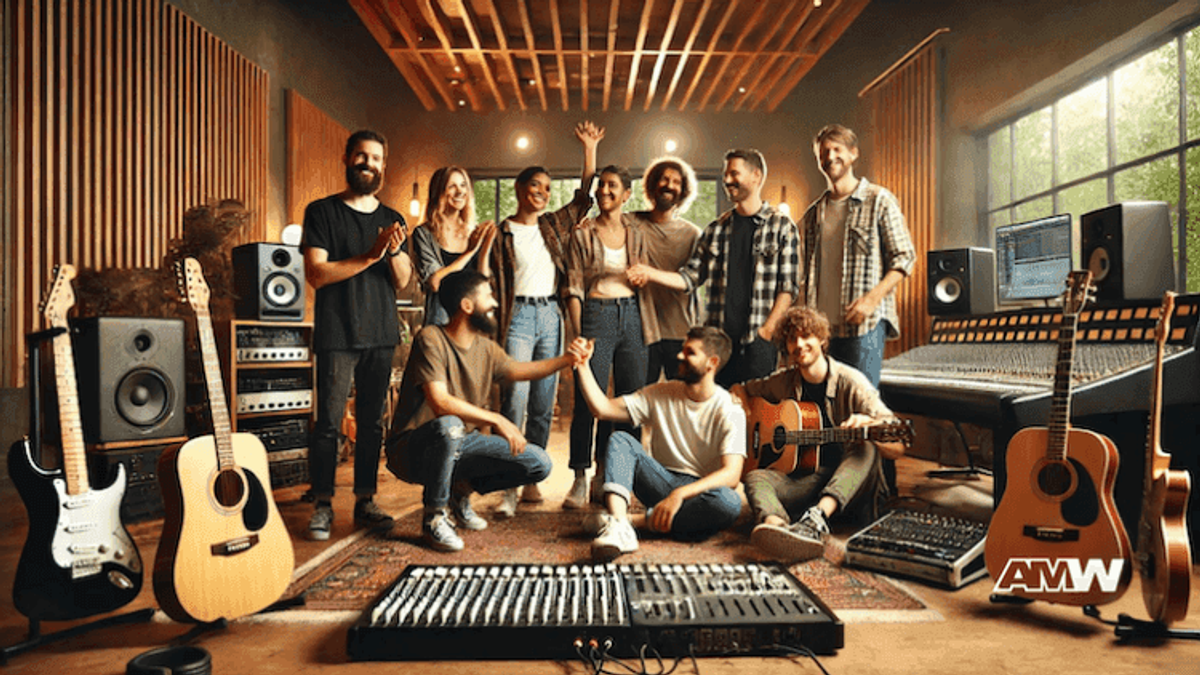
In summary, sound promotion is a multi-faceted approach that includes understanding your audience, creating a unique sound identity, using social media, utilizing streaming services, collaborating with others, live performances, email marketing, traditional media, paid promotion, and monitoring and analyzing your results.
Doing this helps musicians increase their visibility, attract new listeners, and build a loyal fanbase.
FAQ
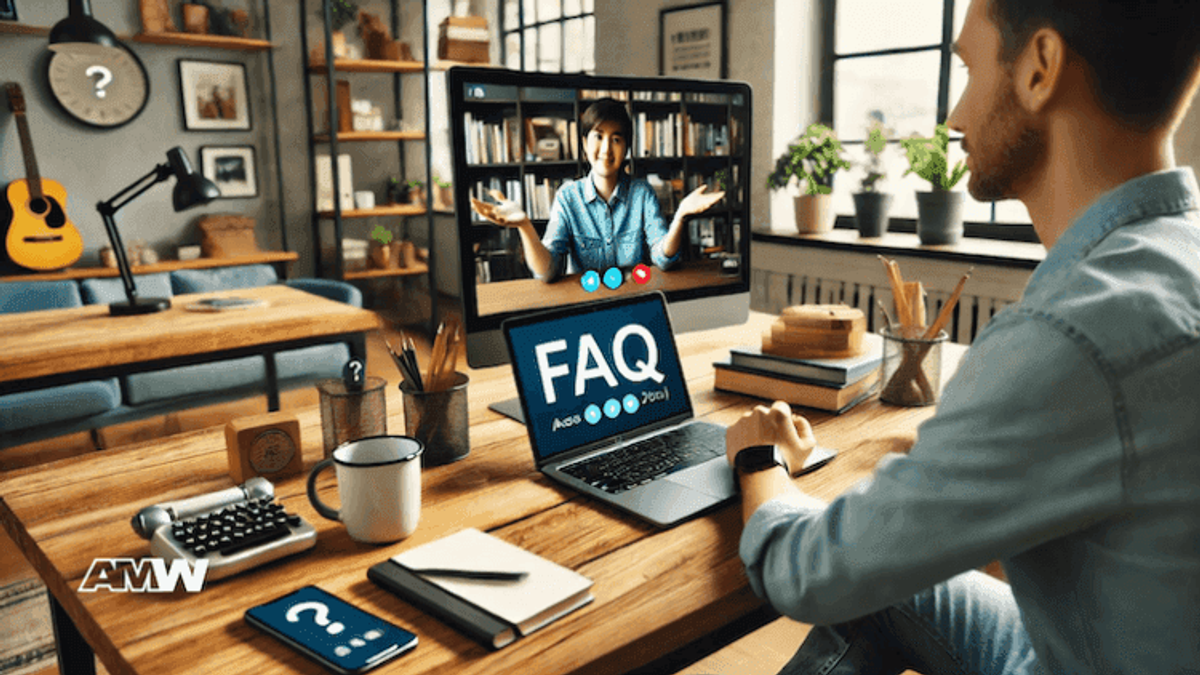
What is sound promotion?
Sound promotion is the strategies and activities to market and promote a musician’s work to reach more people and build a fanbase.
Why is sound promotion important for musicians?
Sound promotion is key to getting visibility, attracting new listeners, building a brand, and ultimately success in the music industry.
How do I find my target audience?
You can find your target audience by doing market research, analysing your current listeners demographics and preferences and creating listener personas.
Which social media platform is best for sound promotion?
It depends on your target audience. Instagram, TikTok, and X are good for music promotion due to their visual and interactive nature.
How do I get my music on playlists?
Submit to playlist curators, engage with your fans to increase streams, and create your own playlists to share your music with other artists.
What are the benefits of collaborating with others?
Collaborations can get you more visibility, introduce you to new audiences and provide opportunities for creative growth and shared resources.
How do live performances help with sound promotion?
Live performances let you connect with your audience personally, create memorable moments, and generate content for online promotion.
What should I put in my email newsletters?
New music, upcoming shows, exclusive content, behind-the-scenes, personal messages to your subscribers.
How do I approach traditional media for coverage?
Send out well-written press releases, pitch your unique story, and build relationships with music journalists and bloggers.
Is paid promotion worth it?
Yes, if done strategically. It gets you to a targeted audience quickly and complements your organic promotion.
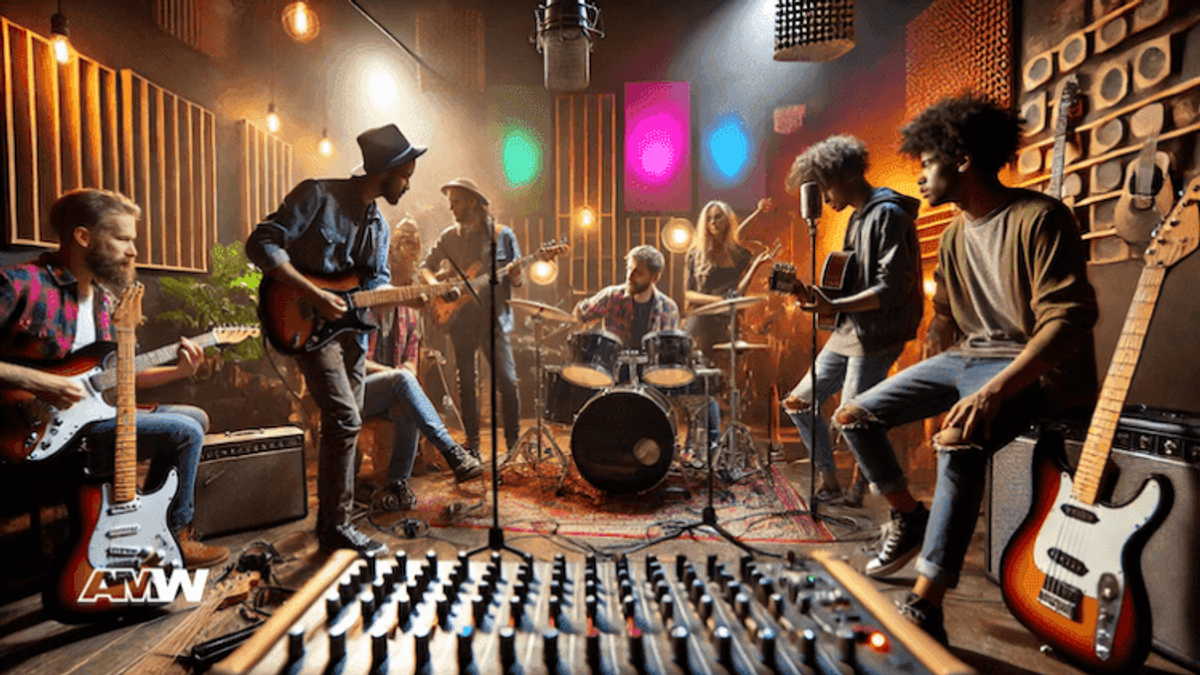
Frequently Asked Questions
How do musicians identify their target audience for music promotion?
Musicians can identify their target audience through social media analytics, music streaming data, and listener surveys. Create detailed listener personas including demographics like age, gender, location, musical preferences, and online behavior. Analyze your current followers' engagement patterns and use streaming platform insights to understand who's actively listening. This data helps tailor promotional messages and choose the right platforms for maximum impact and audience connection.
What are the most effective social media platforms for music promotion in 2024?
Instagram, TikTok, and X (formerly Twitter) are the most effective platforms for music promotion due to their visual and interactive features. TikTok excels for viral music discovery, Instagram works well for behind-the-scenes content and fan engagement, while X is ideal for real-time updates and industry networking. Choose platforms based on where your target audience spends time and focus on consistent, engaging content rather than spreading thin across all platforms.
How can independent musicians get their music featured on streaming platform playlists?
Independent musicians should optimize their track metadata with accurate descriptions, tags, and genre classifications for better discoverability. Create and share curated playlists featuring your music alongside similar artists, pitch to playlist curators in your genre, and engage actively with your streaming platform followers. Use platform-specific tools like Spotify for Artists to submit unreleased tracks for playlist consideration and analyze listener data to understand preferences.
What should musicians include in an effective email marketing campaign?
An effective music email campaign should include exclusive content like free downloads, early access to new releases, and behind-the-scenes stories. Share personal insights about your music-making process, upcoming shows, and industry updates. Include clear calls-to-action with links to new tracks, videos, and social media profiles. Track open rates and click-through rates to refine your strategy, and offer valuable incentives to encourage newsletter signups from potential fans.
How much should independent musicians budget for paid music promotion?
Independent musicians should start with a modest budget of $50-200 per campaign to test different platforms and audiences. Allocate 10-20% of your total music budget to paid promotion, focusing on targeted social media ads and Google Ads. Monitor ROI closely by tracking engagement, streaming numbers, and new followers. Balance paid promotion with organic efforts, and gradually increase spending on platforms that show the best conversion rates for your specific genre and audience.
What are the best practices for networking and collaboration in music promotion?
Connect with artists in similar or complementary genres through social media, local venues, and industry events. Propose mutually beneficial collaborations like joint tracks, playlist exchanges, or co-hosted live performances. Partner with micro-influencers whose audiences align with your target demographic. Maintain genuine relationships by supporting other artists' work and offering value before asking for favors. Document collaborations for cross-promotional content and leverage each other's fanbases for expanded reach.
How can musicians measure the success of their promotional campaigns?
Track key performance indicators including streaming numbers, social media engagement rates, email open rates, and new follower growth. Use platform analytics from Spotify for Artists, Instagram Insights, and Google Analytics to monitor traffic and conversion rates. Set specific, measurable goals like increasing monthly listeners by 25% or gaining 500 new email subscribers. Compare organic versus paid promotion results, and calculate return on investment for paid campaigns to optimize future promotional spending.
Related Resources
Calculators
Pricing Guides
Key Terms
The deliberate sequencing of release platforms (theatrical, streaming, VOD) to maximize revenue across all distribution channels.
Creative ProducerA producer focused on story, talent, and creative elements rather than primarily on financing and business aspects.
Stem DistributionReleasing individual component tracks of a song separately, enabling remixing, sync licensing, and fan creativity.
Music Sync AgentRepresentative who secures placement of music in film, TV, advertising, and games.
Social AudioShort-form music content created for social media platforms.
Related Articles

From Indie to Mainstream: Effective Music Promotion Strategies
Discover effective strategies to help indie artists stand out and master music promotion to transition from indie to mainstream success in a crowded market.

Essential Tips for Marketing Independent Music Effectively
Creating a clear and compelling brand identity can be crucial for independent artists aiming to stand out in today's music industry. Developing a consistent visual aesthetic across various platform

How to Get Your Music Out There: A Guide to Effective Promotion Techniques
In today's fiercely competitive music industry, the ability to effectively promote your music is not just advantageous—it's essential. Whether you're an emerging artist striving to carve out a niche o
